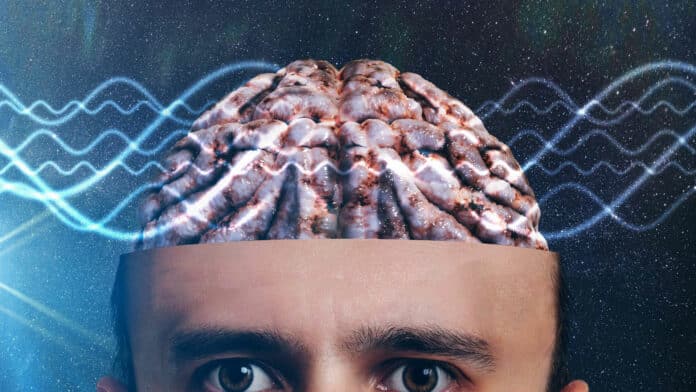According to recent quantum gravity theories, if the mediator is a non-classical system, entanglement between two known quantum systems can be mediated by unknown systems. This strategy might be applied to the brain, where there have long been speculations regarding the role of quantum mechanics in consciousness and cognition.
Proton spins of bulk water can behave as the known quantum systems; however, they most likely interfere with any brain activity. NMR techniques based on multiple quantum coherence (QMC) can serve as an entanglement witness if an unidentified mediator is present. There are questions about the ability of modern NMR signals to contain quantum correlations, notably in the brain’s environment.
After adopting a concept created to prove the existence of quantum gravity to investigate the human brain and its functioning, scientists from Trinity College believe our brains may be capable of using quantum computation. The discovery may shed light on consciousness, the workings of which remain scientifically difficult to understand and explain.
The correlation between the measured brain functions and conscious awareness and short-term memory function suggests that quantum processes are also a part of cognitive and conscious brain functioning.
If the team’s findings can be verified, which will probably need highly sophisticated multidisciplinary methods, it will improve our general understanding of how the brain functions and perhaps how it might be preserved or even repaired. They might potentially work to develop even more sophisticated quantum computers by discovering novel technologies.
Dr. Christian Kerskens, lead physicist at the Trinity College Institute of Neuroscience (TCIN), is the co-author of the research article that has just been published in the Journal of Physics Communications. He said:
“We adapted an idea developed for experiments to prove the existence of quantum gravity, whereby you take known quantum systems, which interact with an unknown system. If the known systems entangle, the unknown must be a quantum system, too. It circumvents the difficulties of finding measuring devices for something we know nothing about.”
“For our experiments, we used proton spins of ‘brain water’ as the known system. ‘Brain water’ builds up naturally as fluid in our brains, and the proton spins can be measured using MRI (Magnetic Resonance Imaging). Then, by using a specific MRI design to seek entangled spins, we found MRI signals that resemble heartbeat-evoked potentials, a form of EEG signals. EEGs measure electrical brain currents, which some people may recognize from personal experience or simply from watching hospital dramas on TV.”
“If entanglement is the only possible explanation here, then that would mean that brain processes must have interacted with the nuclear spins, mediating the entanglement between the nuclear spins. As a result, we can deduce that those brain functions must be quantum.”
“Because these brain functions were also correlated to short-term memory performance and conscious awareness, it is likely that those quantum processes are an important part of our cognitive and conscious brain functions.”
“Quantum brain processes could explain why we can still outperform supercomputers when it comes to unforeseen circumstances, decision making, or learning something new. Our experiments performed only 50 meters away from the lecture theatre, where Schrödinger presented his famous thoughts about life, may shed light on the mysteries of biology and on consciousness which scientifically is even harder to grasp.”
Journal Reference:
- Christian Matthias Kerskens et al. Experimental indications of non-classical brain functions. Journal of Physics Communications. DOI: 10.1088/2399-6528/ac94be
